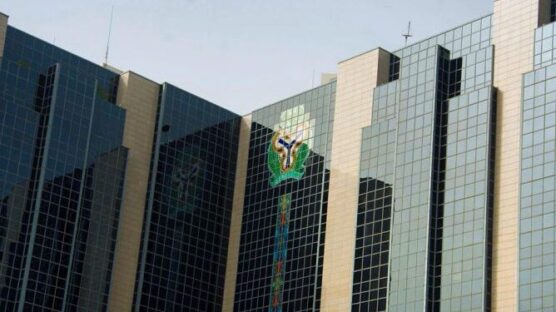Are the days of the beloved Paris metro ticket numbered?
By France24
12 December 2021 |
2:30 pm
For Parisians, the metro ticket is a familiar feature, but one that's gradually disappearing. Public transport authorities in the French capital have started withdrawing the books of 10 cardboard metro tickets known as "le carnet". While the physical paper metro ticket that many Parisians are attached to will not vanish overnight, it's a shift towards a more modern and eco-friendly paperless future. It's not the first time the ticket has evolved. In many ways, the history of the metro ticket mirrors evolutions in French history. We take a closer look in this edition of French Connections.
In this article
Related
4 days ago
Related
11 Apr
Some countries in Europe have begun to ban short-haul flights to cut emissions. Will other countries follow? And — can these bans make a real difference?
4 days ago
Here's what's been making the business headlines in sub-Saharan Africa this week.
13 Apr
Nigeria’s Minister of Finance, Wale Edun says 4.83 trillion naira from T-Bills and Bonds issued in the first quarter of this year was used to pay part of the Ways and Means advances from the Central Bank of Nigeria. Sam Chidoka, CEO of Kairos Capital joins CNBC Africa for more on this discussion and Nigeria's debt management strategy.
3 days ago
A year after Lula came to power, his gamble has paid off: deforestation has been halved in the Amazon. But this success comes at the cost of sacrificing another ecosystem that's just as vital to Brazil: the Cerrado.
3 days ago
Some top Nigerian banks are eyeing the international and local capital markets to raise fresh capital in a bid to meet the recapitalisation exercise by the Central Bank of Nigeria. Egie Akpata, Chairman of Skymark Partners joins CNBC Africa to examine options available to banks.
1 day ago
According to the International Monetary Fund (IMF), a 10% rise in the dollar on the currency market would push down real gross domestic product (GDP) in emerging economies by 1.9% after one year, with adverse economic effects lasting more than two years
Latest
5 mins ago
Thirty years ago, more than 800,000 people were killed during the genocide of the Tutsis in Rwanda. Among them were several dozen members of Dafroza Gauthier's family. A few months later, the young woman and her French husband decided to track down those suspected of taking part in the mass slaughter who had taken refuge in France. Journalists Thomas Zribi and Stéphane Jobert followed the Franco-Rwandan couple in their quest for justice. They bring us this special 52-minute documentary.
5 mins ago
Inflation in Germany has fallen to its lowest level since before Russia invaded Ukraine. Food prices fell for the first time in more than 9 years, figures show, with energy prices dropping even further.
4 hours ago
Kenya's military chief Gen. Francis Ogolla, was among 10 people killed in a helicopter crash in the Cheptulel area of Kenya's Rift Valley region, on Thursday, Kenyan President William Ruto confirmed.
4 hours ago
Viral publications on social media are claiming that Princess Salma of Jordan shot down six Iranian drones late on Saturday. Jordan is the latest target of misinformation following its role in defending Israel against Iran's drone and missile attack. We explain in this edition of Truth or Fake.
4 hours ago
Canada's Peel Region police said Wednesday (April 17) that nine people, including Air Canada employees, are facing charges in connection to the $20 million Toronto Pearson airport gold heist that was meticulously carried out exactly one year ago.
1 day ago
Find these stories and much more when you grab a copy of The Guardian on Friday.
×

Get the latest news delivered straight to your inbox every day of the week. Stay informed with the Guardian’s leading coverage of Nigerian and world news, business, technology and sports.


















0 Comments
We will review and take appropriate action.